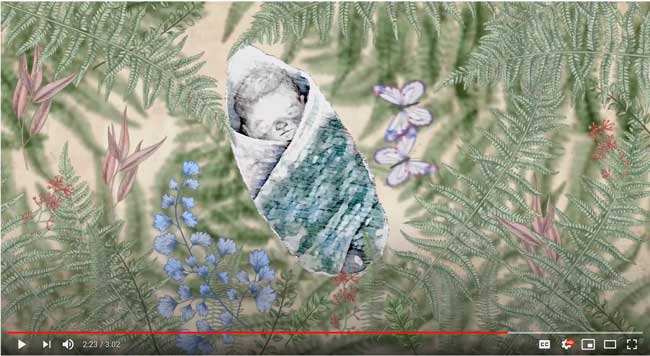On a very small scale compared to the widely promoted homogenising mega-schools, [alternative schools] respect diversity and are sensitive to the socio-cultural and political context of the children. […]
The National Education Policy of 2020 is silent on the crucial question of integrating Adivasi knowledge. It appears to encourage multilingual education but calls for ‘philanthropic’ (read: corporate) investment, focused on producing workers for the market rather than implementing the Right to Education Act (2009). […]
The notion of ‘mainstreaming’ needs to be challenged not just because Adivasi culture is being crushed, but also because Adivasi values and ways of life offer insights that the ‘mainstream’ needs. […]
Source: Felix Padel & Malvika Gupta in “Are mega residential schools wiping out India’s Adivasi culture?” (The Hindu, 13 February 2021)
URL: https://www.thehindu.com/society/children-from-tribal-communities-are-being-corralled-into-mass-schools-that-are-wiping-out-cultures/article33818793.ece
Date visited: 16 February 2021

“Is it eccentric to live in beautiful scenery in the hills among some of the most charming people in the country, even though they may be ignorant and poor?” – Verrier Elwin quoted by G.N. Devy in The Oxford India Elwin >>
On one side are people who live in the wild places in the world, the forests, the highlands, the plains. They are indigenous people who, according to Western standards and norms, are the poorest and most isolated but who see themselves as the guardians of nature.
On the other are people who occupy the wild places of capitalism, the boardrooms of major corporations and the governments that support them. Foremost among them are the big industries – energy, mining, banking which see themselves as the guardians of growth and consumerism. […]
Indigenous people know what happens when their land is invaded; when their forests and waterways become denuded or polluted. […]
Unlikely as it may seem, indigenous people are at the forefront of the struggle to save the planet. Their courage and their worldview can inspire those of us who don’t think life on earth should be determined by the boardroom bottomline. We, in our turn, have a role to play in defending the defenders.
Source: Introduction by Vanessa Baird, on the real ‘clash of civilizations’, New Internationalist (print ed., issue 446, October 2011), p. 15
[Bold typeface added above for emphasis]
For more coverage on “Nature’s defenders”, visit the New Internationalist (Issue 446) or its website www.newint.org >>
“National development and the development of tribal communities are linked to each other.” – Droupadi Murmu
Speeches by the President of India >>
“I would like to direct attention to the general approach when we encounter the ‘other’ – the question of our protocol, etiquette and attitude. In our eagerness to know we probably show a disregard to these civilities. We try to buy friendship for building up rapport; we try to intrude into others’ territory without being invited and carry presents that we perceive would be appreciated to assert our friendliness.” – Anthropologist R.K. Bhattacharya in “The Holistic Approach to Anthropology” >>
“Once, I was walking with this young tribal girl through the forest and we stumbled upon a tuber. She plucked it, cut the eye of the tuber and buried it in the mud before taking it to be cooked. I asked her why she did so and she replied ‘If I don’t put it back, how will it grow again?’ and that moment made me realise how sensitive tribals are towards environment and nature. For them, putting back what they take is inherent in their culture and lifestyle.” – Mari Marcel Thekaekara (writer and Co-Founder of ACCORD-Nilgiris) | Learn more >>
“Jungle is a living entity and it also communicates, provided we have the ability to listen to it. […] The three essential components—forests, tribal forest dwellers and life forms living in forests—complement one another and are not rivals.” – Former environment minister A.M. Dave >>
“The natural wealth with which much of tribal India is endowed is also its bane. […] The Adivasi is wedged between the state programme for development, meaning mines, dams, steel plants and roads, and a private agenda for quick money, which is currently termed ‘real estate’.” – Madhu Ramnath, Preface for Woodsmoke and Leafcups >>

Watch “The Good Ancestor – The Legacies We Leave” (3 min.): An animation that explores the legacies we might leave for future generations >>
Links to some of the most important organisations, thinkers and doers that are leading the way and that have inspired the book The Good Ancestor by Roman Krznaric >>